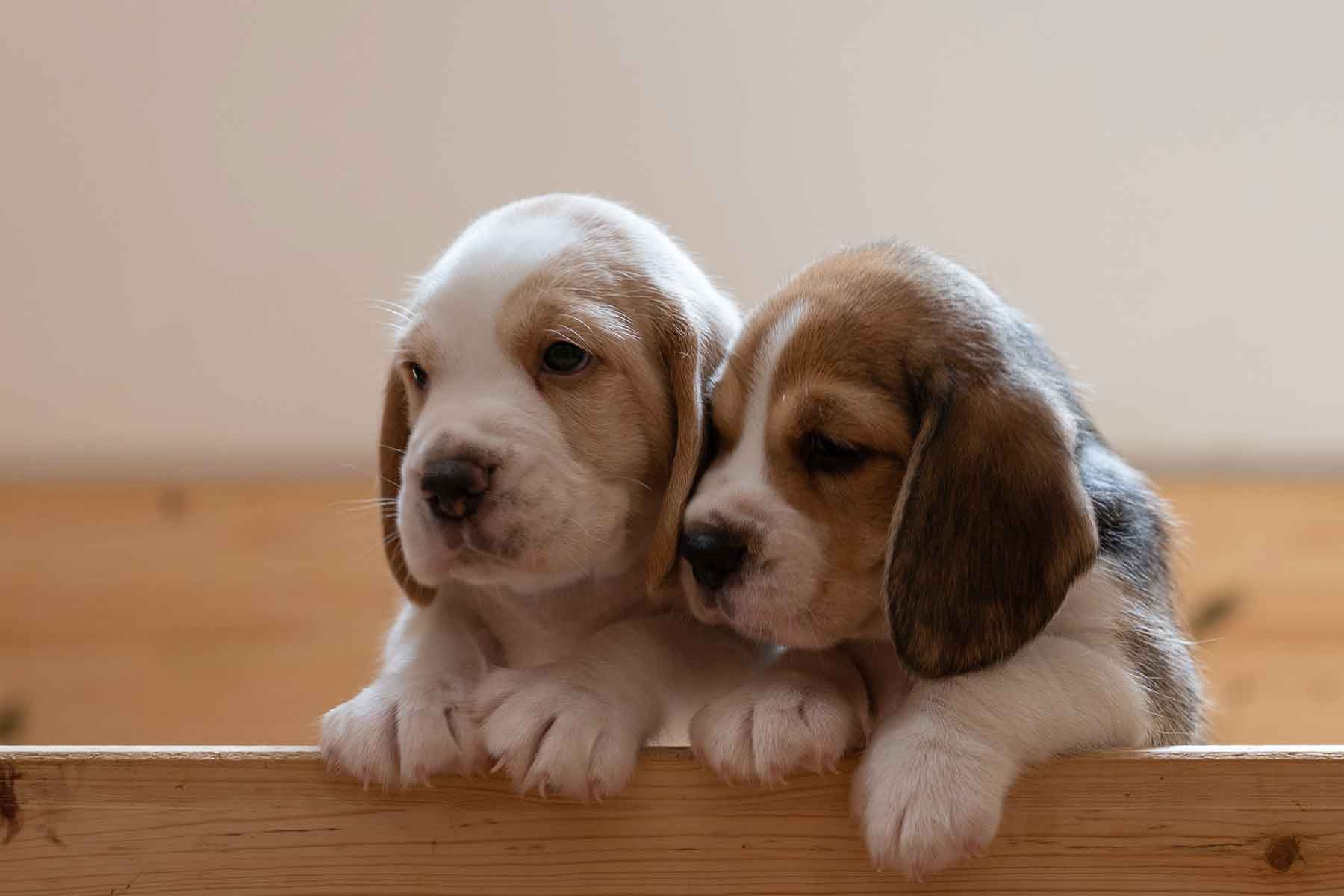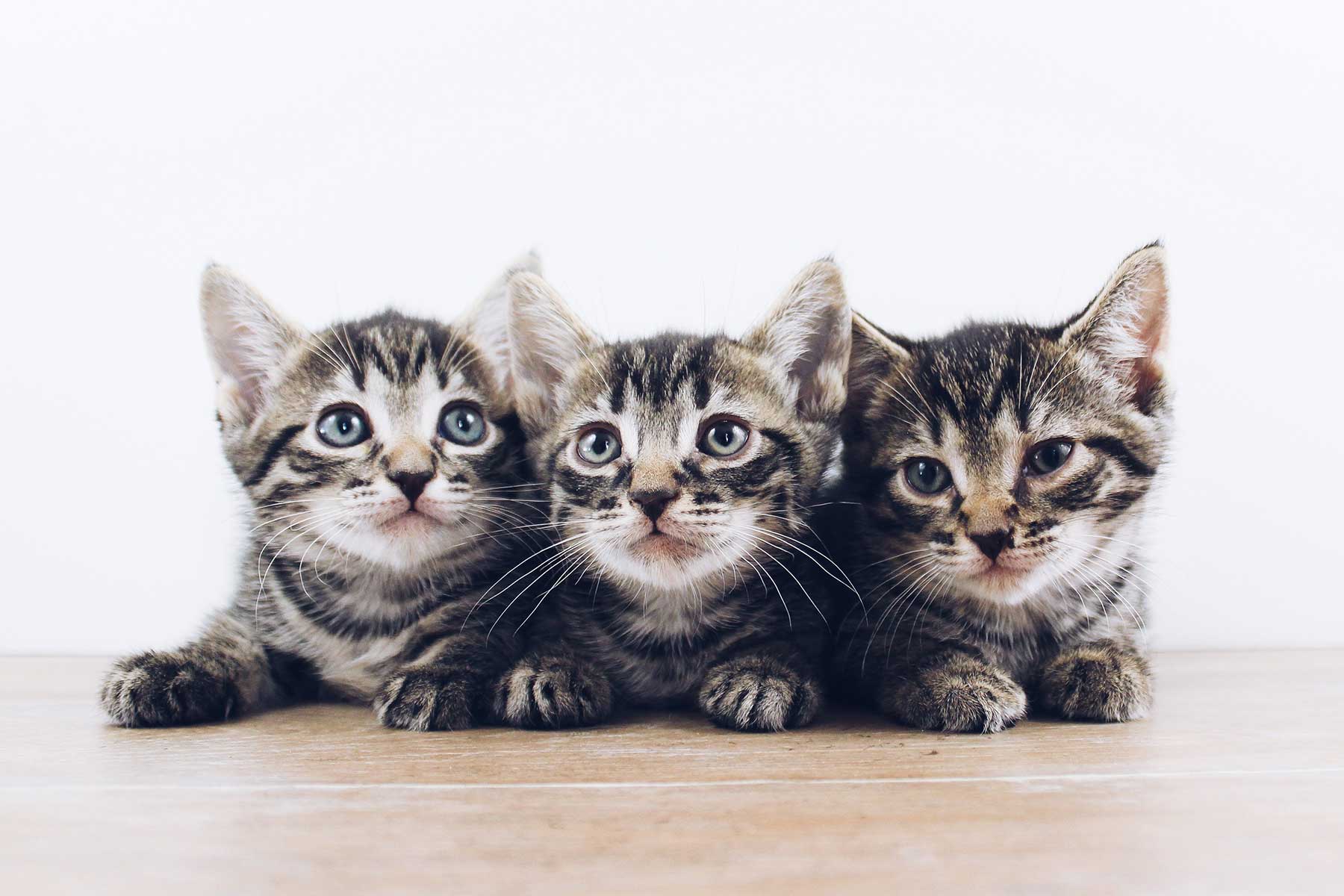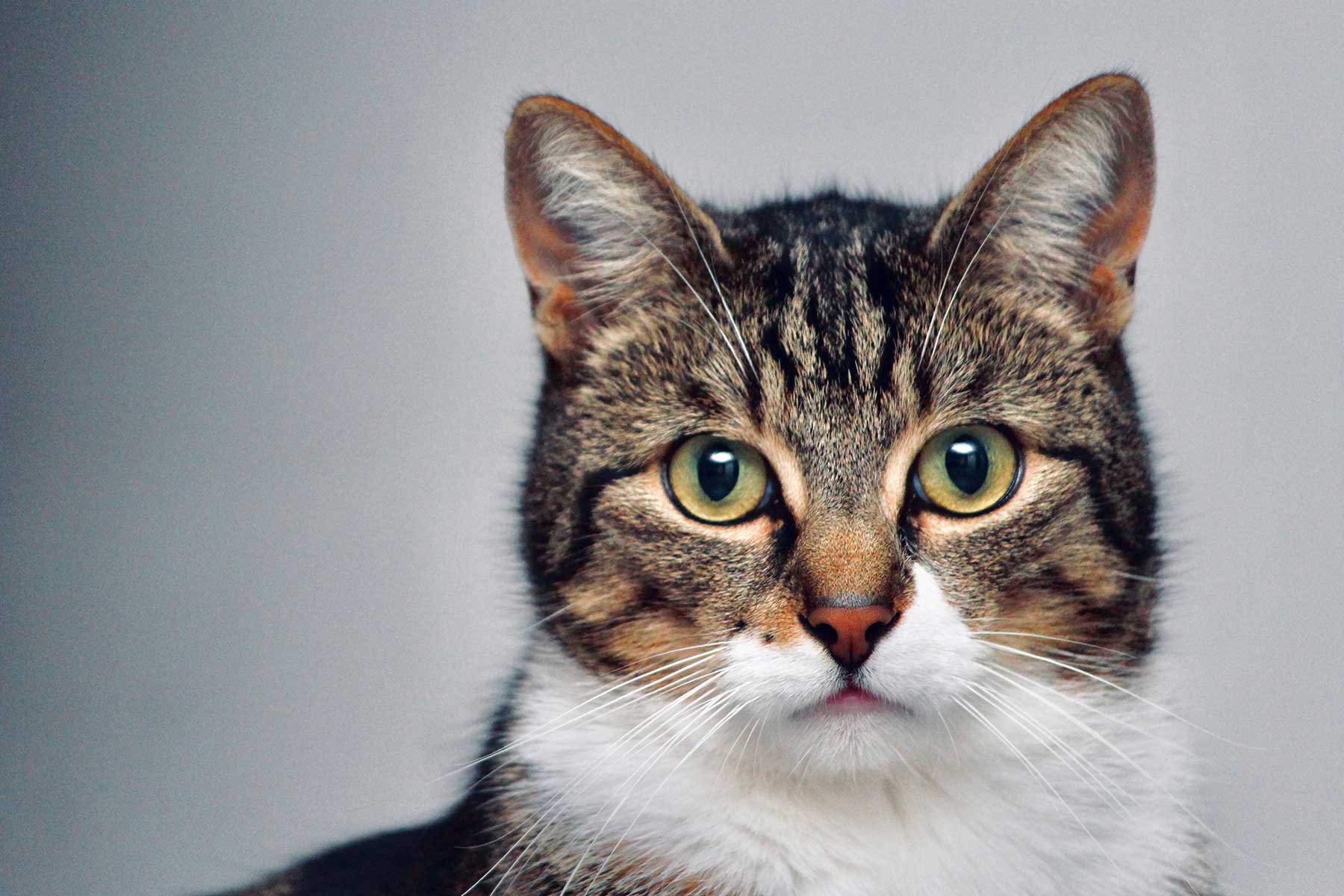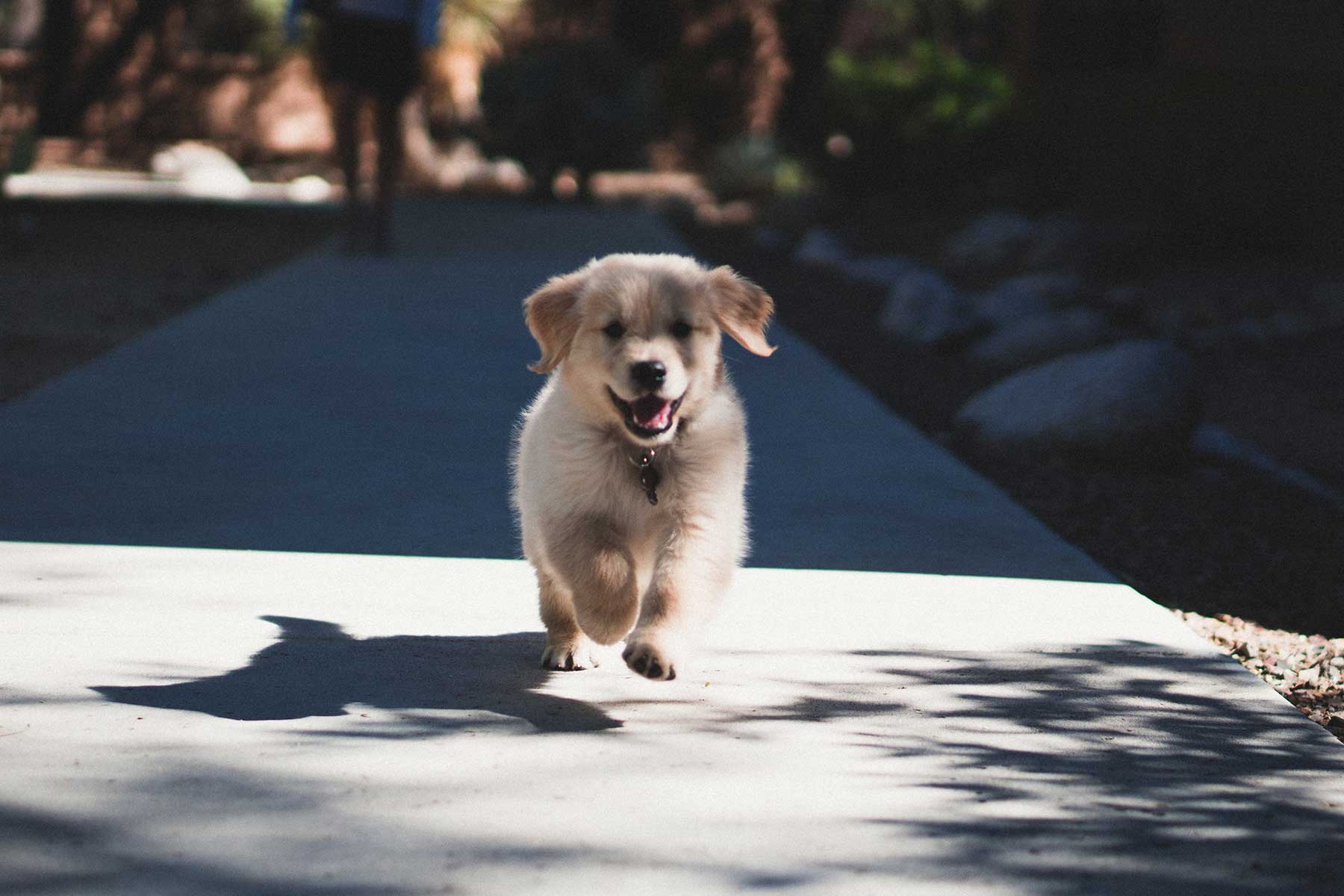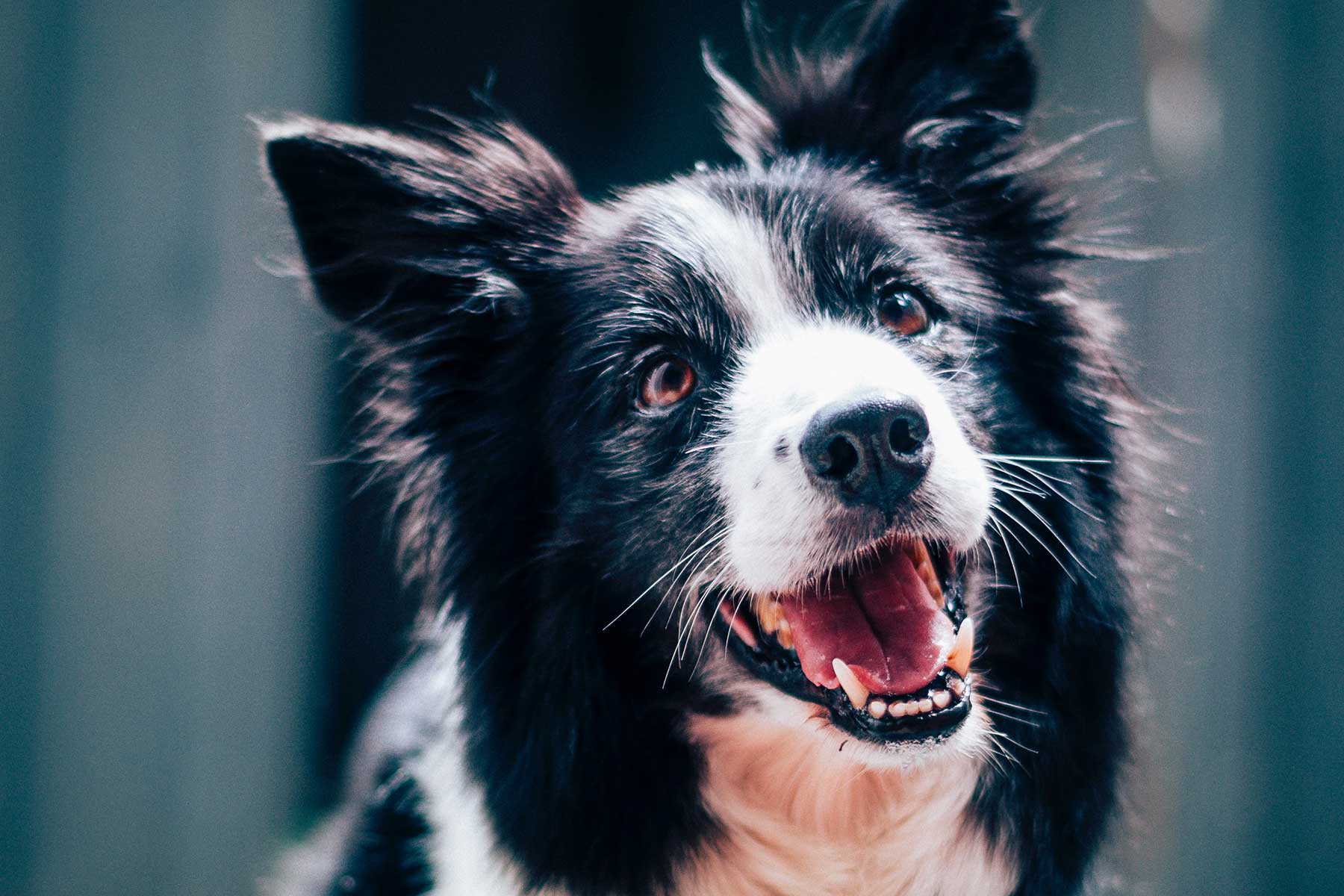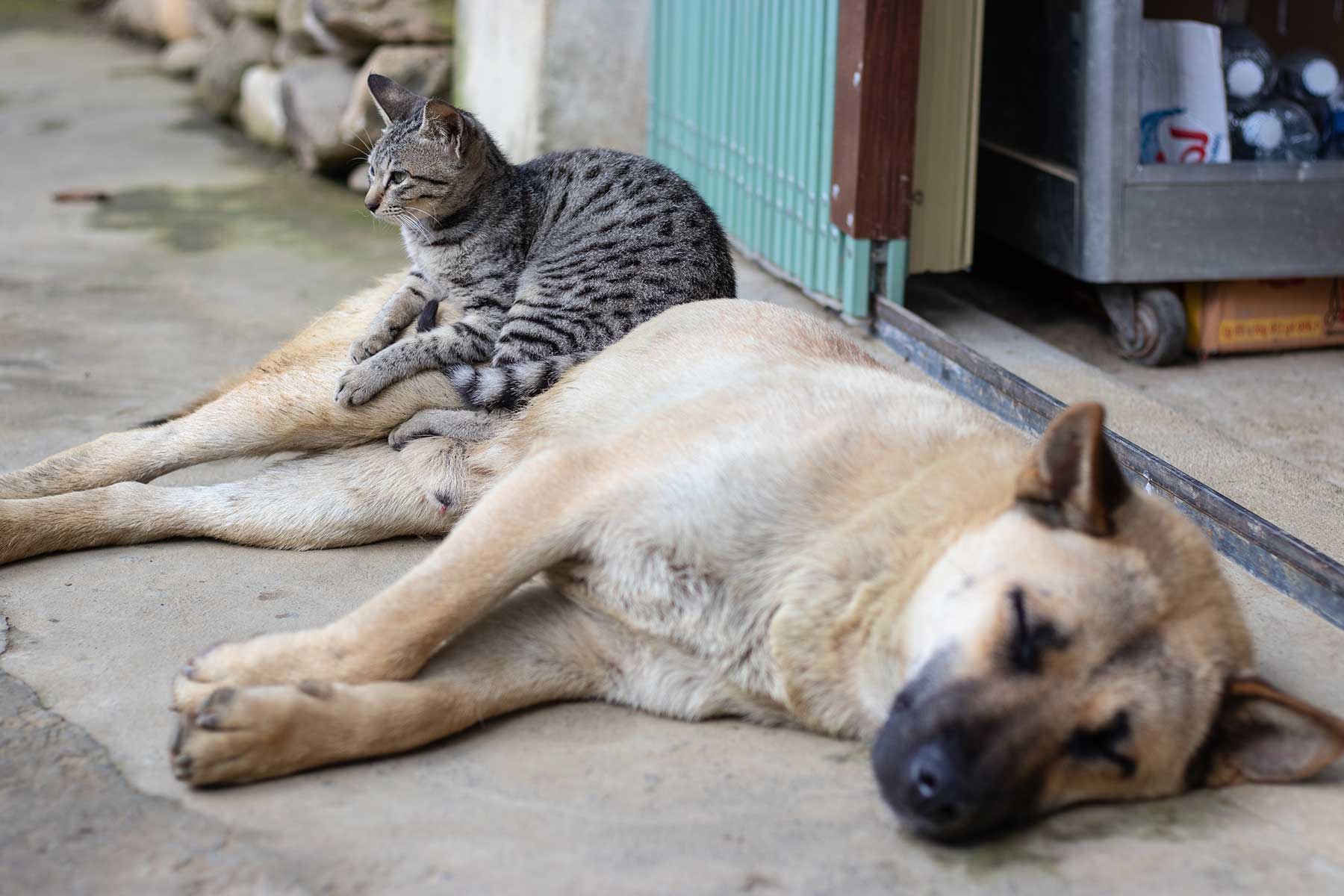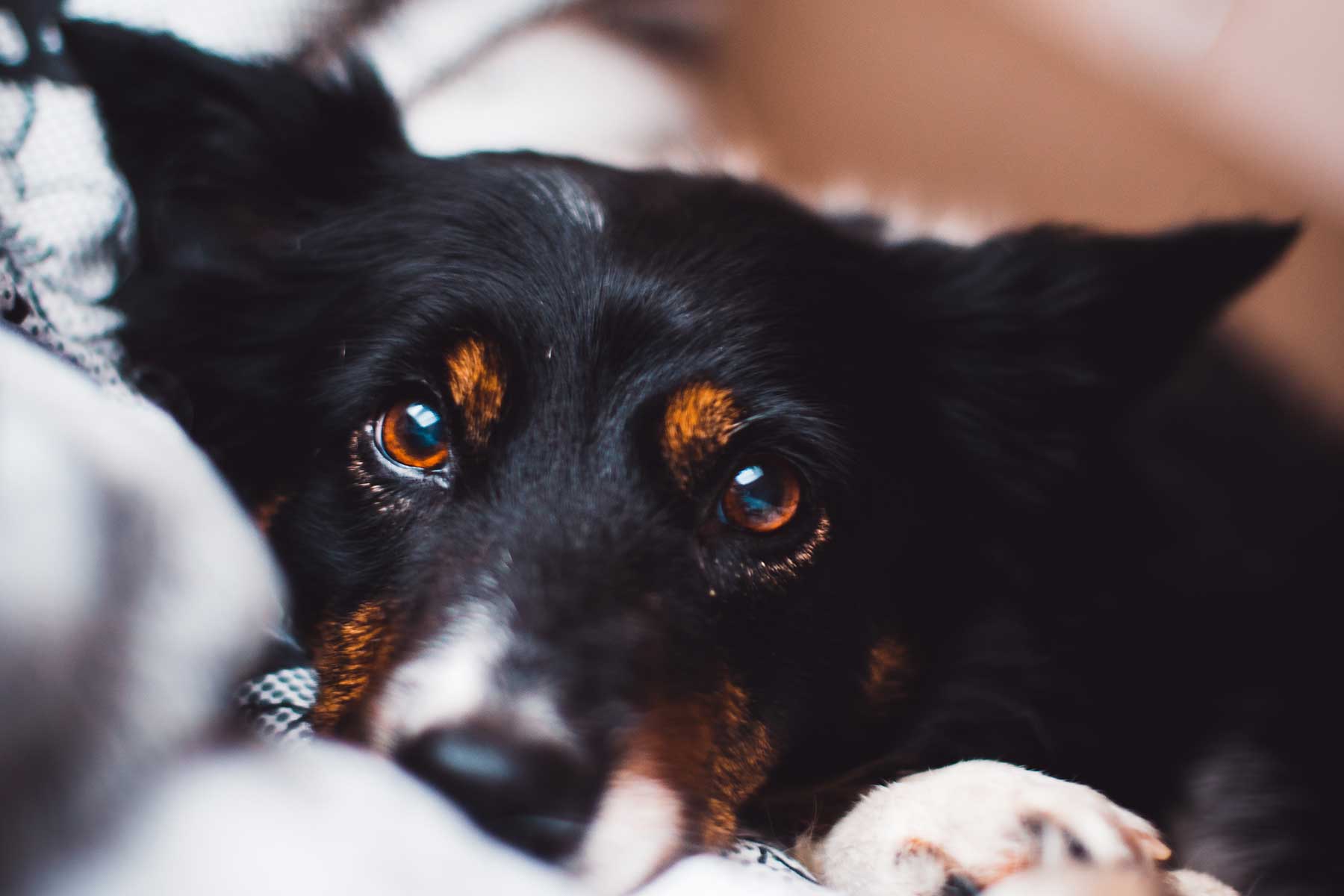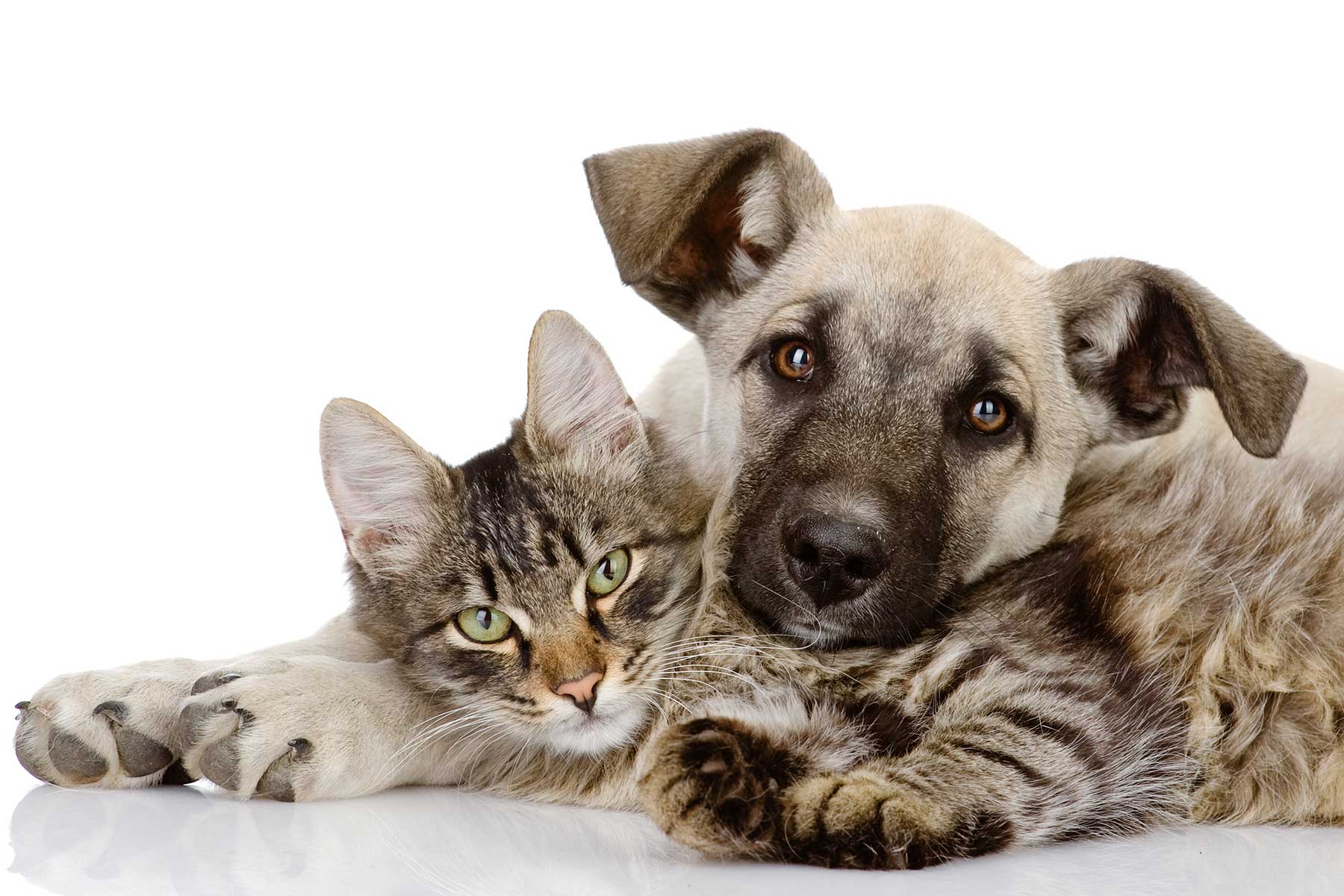Obesity is the most common nutritional disorder seen in cats and dogs. The most recent figures reported in Australia claim 41% of dogs and 32% of cats are considered to be obese. On average an overweight pet will live 2-5 years less than a pet with an ideal body weight. Health problems appear when body fat exceeds 15% above ideal body weight.
The effects of obesity
Obesity is a serious problem in pets and can be the cause of many problems we see in the veterinary hospital.
Obesity predisposes animals to a range of health problems and puts your pet at risk of one or more of the following:
- Diabetes Mellitus
- Cardiovascular disease (heart disease)
- Degenerative joint & orthopaedic disease (including arthritis)
- Joint stress/ musculoskeletal pain
- Exercise intolerance
- Insulin resistance
- Glucose intolerance
- Increased surgical and anaesthetic complications
- Neurological disorders
- Respiratory problems
- Cancer and tumours
- Skin problems
- Premature aging
- Heat intolerance
- Hypertension (high blood pressure)
- Reproductive disorders
- Decreased quality of life
- Susceptibility to infections
The Causes of Obesity
As with people, obesity is caused by overeating. Most obesity is caused simply because a pet eats more calories than they need. The excess calories are then stored as body fat. We have little control over some contributing factors; eg. Breed, sex, hereditable traits, and age. However, there are others which we can control, these being over-feeding and exercise.
Reasons why a pet becomes obese
- Excessive calorie intake (over-eating)
- Inappropriate use of snacks, treats and supplements (human treats and snacks)
- Lack of exercise
- Appetite-stimulating drug therapy
- Social factors (i.e. multi-pet households)
- Decreased energy requirements eg. Hypothyroid disease
If an animal has a lower metabolic rate it is more inclined to obesity. Metabolic rate can be affected by reproduction status (de-sexed pets), climate (pets use almost 70% of their energy from food to keep warm in cold climates) and hormones e.g. Thyroid Hormone.
Desexed pets are linked more frequently to obesity. By removing organs that produce hormones your pet’s metabolism may be slowed. Adjusting your desexed pet’s diet and exercise regime will keep your pet trim and healthy.
Healthy snacks for your pet
- Carrots (contain Beta-carotene and aid in weight loss in dogs)
- Cucumbers
- Celery
- Ice cubes (on a hot day)
- Royal Canin EDUC Nutritional Supplement™ – good for positive rewards when training
Unhealthy snacks for your pet
What a treat for your dog would be equivalent to in human snack terms!
| Dog treat = | Human equivalent |
|---|---|
| 1 x small plain biscuit = | 1 x hamburger |
| 1 x slice buttered toast = | 1 x hamburger |
| 30gm cheddar cheese = | 75gm chocolate |
| 100gm sausage = | 6 donuts |
Does your pet have a weighty problem?
If you answer ‘yes’ to any of the questions below, or if you think your pet is not at its optimum body condition, you may want to talk to your healthcare team about a weight management program.
Here’s some weighty questions for your pet…
- Do you have difficulty feeling your pet’s ribs?
- Is there little or no ‘waist’?
- Do you give your pet table scraps or leftovers?
- Is your pet reluctant to exercise?
- Does your pet seem to tire easily with activity?
- Does your pet waddle when it walks?
- Does your pet keep eating so long as there is food in the bowl?
- Have you been told your pet is overweight?
A yes to more than one of these questions may mean your pet’s diet and exercise program needs to be revised!
A solution to the problem
We offer a weight management program tailored to your pet, to help them reach and maintain their optimal body weight. A regulated exercise program will help promote total wellness for maximum benefit to your pet.
The use of high quality veterinary diets means your pet will not miss out on any essential nutrients throughout their weight management program.
For more information on the program visit our Weight Loss Clinic page

